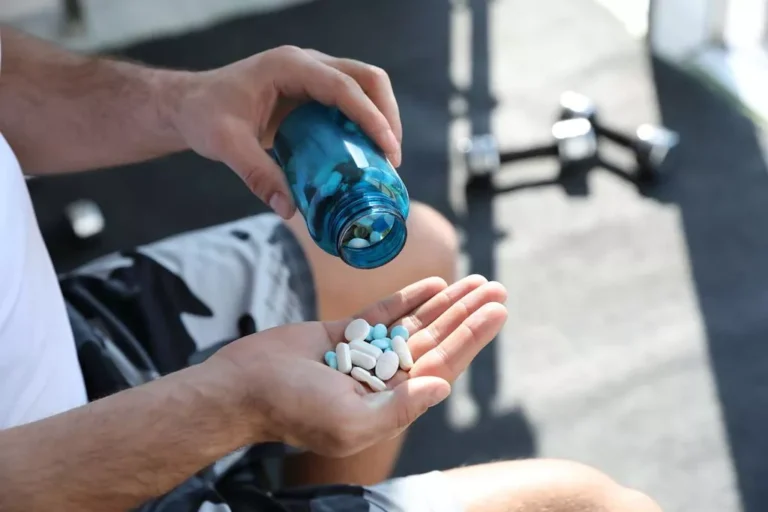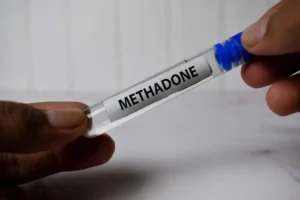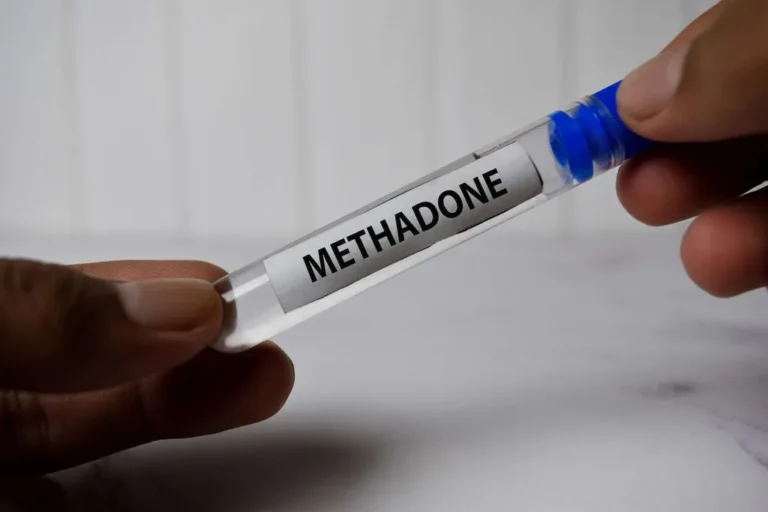
And that’s not even considering what many of us have downed over Christmas. If you think it will be difficult to manage social pressure or expectations to drink, consider socialising in alcohol-free places and times. You could meet in a café rather than a pub or bar, or meet on Saturday morning rather than Saturday night. Although many people believe alcohol facilitates sleep, alcohol use is actually shown to impair sleep quality and the amount of dream sleep a person gets. You may need professional help if you often feel that you have to drink, you get into trouble because of alcohol, or if other people warn you about your drinking habits.

Short-Term Effects of Stopping Drinking
You can manage stress and cope with life’s challenges in healthier ways, she says. The main ways to prevent alcohol withdrawal are to avoid alcohol altogether or to get professional help as soon as possible if you think you’re developing alcohol use disorder. It affects about 50% of people with alcohol use disorder who stop or significantly decrease their alcohol intake. AUD is the most common substance use disorder in the U.S., affecting 28.8 million adults. The following quiz is called the AUDIT, which is short for Alcohol Use Disorders Identification Test.
Your Gut Will Begin Healing

You might feel slightly irritable or tired as your body adjusts, especially if alcohol is a regular part of your routine. If you’re overweight and regularly drink alcohol, you should find that your weight falls noticeably if you stop drinking.4 And not drinking at all will make it easier to maintain a healthy weight. Alcohol dehydrates your body, including the skin, and this happens every time you drink. If you stop drinking completely, one of the first things you notice should be improved energy levels, better sleep and finding it easier to wake up in the morning. Allocating a few alcohol-free days can help you reduce how much you drink each week, as can opting for smaller sizes, such as bottles of beer instead of pints. Lower-alcohol or non-alcoholic beers or wines are a good choice too – there is a wide range available in supermarkets.
Your Liver Function Will Begin To Improve
Alcohol is linked with several types of cancer, including mouth, throat, voice box, esophagus, liver, colon and rectum, and breast cancer in females. And the risk of developing these cancers increases with the amount and duration of alcohol consumption, says Andrews. “The liver has a remarkable ability to heal, and quitting alcohol can reverse some liver damage,” says Dr. Kellog. In fact, what happens when you stop drinking alcohol even after years of chronic, excessive drinking, quitting alcohol allows the liver to regenerate, regaining a significant portion of its original size and helping to reverse liver damage.

Over time, however, the body builds a tolerance to alcohol, and a person may have to drink more and more to get the same feeling. Meanwhile, the brain is producing more and more neurotransmitters, making a person further imbalanced. Alcohol constricts blood vessels, so you may see your blood pressure go down. Your eyes may look clearer, as higher blood pressure can burst capillaries.
- While it’s true most studies have focused on the effects of chronic heavy drinking on the brain, there is proof that even temporarily the brain is affected when people have a few drinks casually.
- Over time, heavy drinking can cloud your perception of distances and volumes, or slow and impair your motor skills.
- One of the most significant benefits of giving up alcohol is that you may increase your lifespan.
- If you want to level up your health, cutting back significantly on alcohol yields several physical and mental health perks.
- Plus, you may notice improvements in your skin, experience deeper sleep and feel more energetic.
Psychotherapy options such as cognitive-behavior therapy (CBT) and https://ecosoberhouse.com/ motivation enhancement therapy (MET) can help change unhelpful thinking patterns, teach valuable coping skills, and improve the motivation to quit. One of the most significant benefits of giving up alcohol is that you may increase your lifespan. Alcohol misuse can lead to serious health problems like liver disease and cancer.

You May Feel Happier
Their cholesterol levels fell, their sleep quality rose and, on average, participants lost 3lb (1.5kg). Research from the University of Sussex found that after taking a month off booze, 70% of people said they slept better and 81% felt more in Sober living home control of their drinking. And stopping drinking could make feelings of stress easier to deal with.
- You may notice less heartburn, gassiness, bloating and stomach pain, and your bowel movements may become more normal.
- “Your gut permeability – often referred to as “leaky gut” – is improving, giving you better absorption of nutrients. A healthy gut can have a positive impact on your immune system.”
- The gut microbiome even plays a role for the central nervous system, with some studies that showing that an imbalance in gut microbiome can lead to various mental health issues.
- A 2016 study found that those who avoid alcohol or significantly reduce their consumption can experience improved heart function.
- The Recovery Village Atlanta offers comprehensive addiction treatment for drug and alcohol addictions and co-occurring mental health conditions.
- When you give up alcohol, your sleep patterns often normalize, leading to a more restful and rejuvenating night’s sleep that has cascading benefits for your overall health.
Mild Symptoms
- It’s around this point that you’ll start to feel dramatic improvements.
- Using alcohol frequently or consistently increases your blood pressure, leading to an increased risk of heart disease and stroke.
- “The bottom line is, protect the heart with a low amount of alcohol, but increase the risk of cardiovascular disease with high amount of alcohol,” Dasgupta said.
- Even though you may initially feel energized after a drink, alcohol is a depressant, meaning that ingesting it can slow brain function.
One of the most common side effects of giving up alcohol is insomnia.This is because alcohol acts as a sedative, so when it’s no longer in your system, you may have trouble falling asleep or staying asleep. Lauren is an award-winning registered dietitian, author of three books and all-around lover of good food. Additionally, she manages the Instagram page @LaurenLovesNutrition, where people can receive evidence-based nutrition tips and updates. Even deciding to become sober and following through on it can be a powerful catalyst for repairing relationships, demonstrating how serious you are about focusing on others. Relationships are complicated, and each one will develop and heal in different ways and timeframes. Stopping alcohol, however, can make healing possible that would not be otherwise.
Known as the “sober curious,” a growing number of people are selectively quitting alcohol. It all began in 2013 with a challenge called “Dry January,” during which participants took a month-long break from drinking following boozy holiday gatherings and rowdy New Year’s Eve parties. Quitting alcohol significantly improves heart health by lowering blood pressure and improving overall circulation—ultimately reducing the risk of heart disease.
